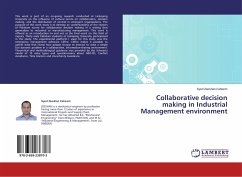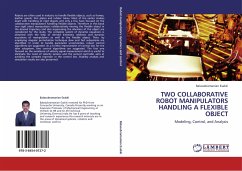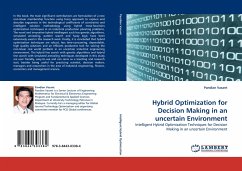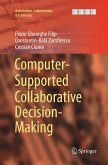This work is part of an on-going research conducted at Linkoping University on the influence of cultural norms on collaboration, decision making, and the distribution of control in emergent organizations. The purpose of this work study is to develop an understanding of the clusters of Pakistani norms for collaborative decision making in a setting that generalizes to industrial or manufacturing management. This work is offered as an introduction to and not as the final word on this field of inquiry. Thirty male Pakistani students at Linkoping University participated in the study. The experimental platform I used for this study was the emergency management software C3Fire. C3Fire makes it possible to gather data that reveal how people choose to interact to solve a simple but dynamic problem in a collaborative, information-sharing environment. Theoretical and methodological guidance was provided by the Schwartz model of 10 value types and questionnaires about NEO-FFI, Conflict Avoidance, Time Horizon and Uncertainty Avoidance.
Bitte wählen Sie Ihr Anliegen aus.
Rechnungen
Retourenschein anfordern
Bestellstatus
Storno








